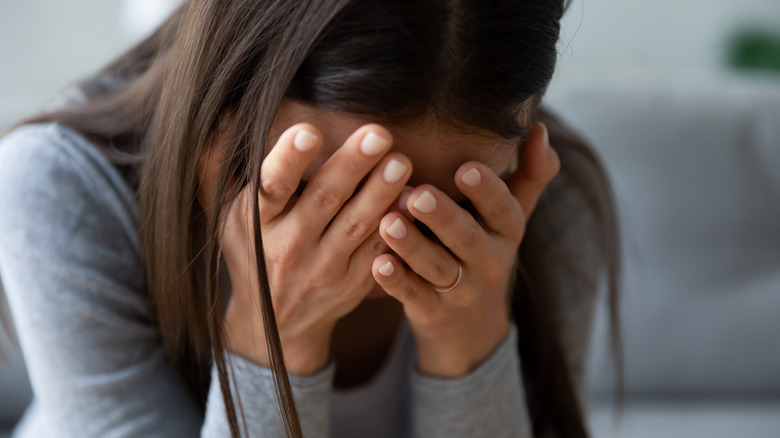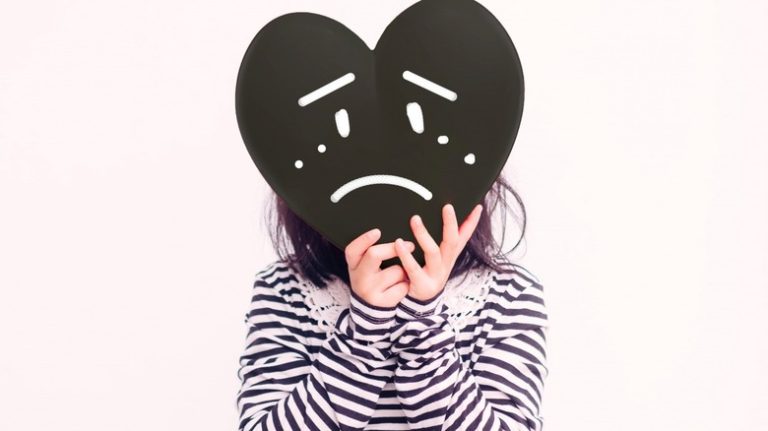For those who suffer from depression, being tired might feel like a neverending reality. Fatigue is one of the most common symptoms of depression, and it can also be one of the most frustrating. Feeling lethargic and low-energy can contribute to feeling lonely and unmotivated, but why does depression cause fatigue in the first place?
In 2024, 8.4% of U.S. adults suffered from at least one major depressive episode, according to the National Alliance on Mental Illness (NAMI). A depressive episode impacts your day-to-day life, with symptoms including changes to sleep and appetite, lack of concentration and interest in activities, loss of energy, hopelessness, and even physical aches and pains.
Depressive episodes are usually recurrent throughout a lifetime, and if they go untreated they can have devastating effects. An estimated two-thirds of all cases of depression are undiagnosed, meaning they’re also most likely untreated (via SSM – Population Health). This can lead to chronic inflammation and pain, negative effects on your work life, social isolation, worsening symptoms overall, and an increased risk of suicide (via PsychCentral).
How depression affects your level of exhaustion

While depression is a complex illness, it’s thought to be the result of changes in neurotransmitters like dopamine, serotonin, and norepinephrine (via Insider). Because these chemicals in the brain regulate sleep, disruptions to them can mess with our levels of exhaustion. A 2024 review published in Sleep Science found that 70% of people with depression experience sleep disturbances, which may leave them feeling less rested and restored.
But it can be hard to tell the difference between depression and just plain fatigue, according to Insider. One way that depression differs is that the exhaustion is persistent, and a good night’s sleep doesn’t improve mood, whereas one good night of sleep might improve regular fatigue. In both depression and fatigue, there may be a lack of interest in doing pleasurable things. The difference is that those who suffer from depression don’t feel any interest at all, while those who are fatigued often have the interest but just lack the energy.
If you’re suffering from depression and struggling with fatigue, experts recommend sticking to a sleep and wake schedule, leaving screens out of the bedroom, exercising in the mornings, and avoiding caffeine and alcohol (via Insider).
If you or someone you know is struggling with mental health, please contact the Crisis Text Line by texting HOME to 741741, call the National Alliance on Mental Illness helpline at 1-800-950-NAMI (6264), or visit the National Institute of Mental Health website.








